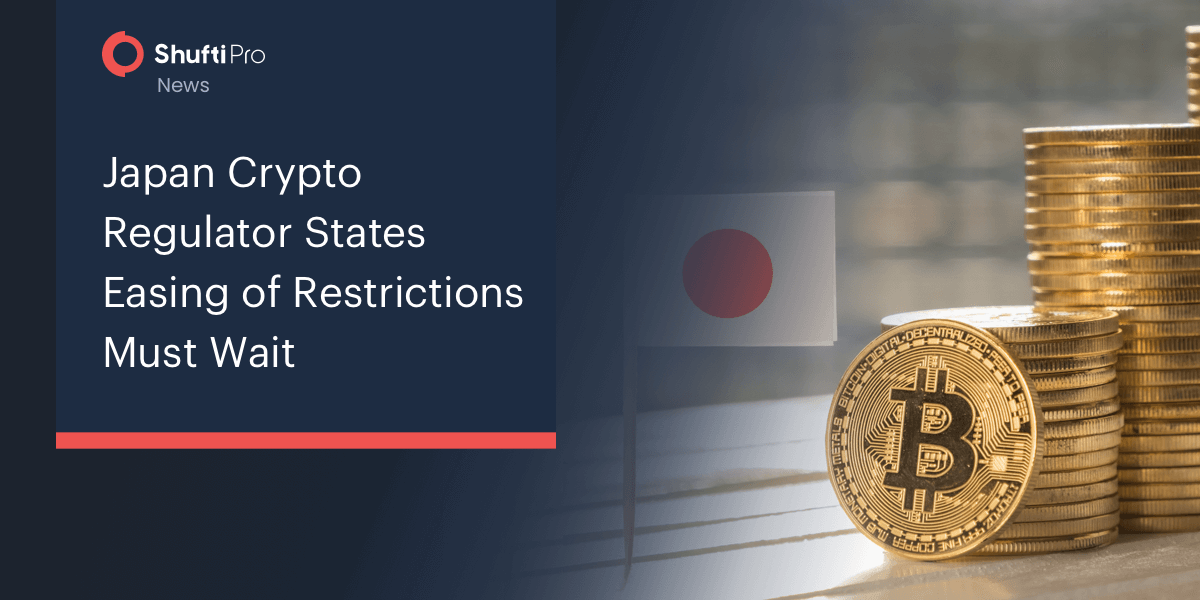Japan Crypto Regulator States Easing of Restrictions Must Wait

The Japanese financial regulator FSA is reluctant about easing regulatory requirements for the crypto industry given the increasing financial crime
The Financial Supervisory Authority (FSA) emphasised that cryptocurrency investing in Japan needs to be much more viable and streamlined as per state-of-the-art regulations.
Junichi Nakajima, the commissioner of FSA, in a statement mentioned that although he is open to potential benefits of digital assets like Bitcoin, he believes that they are still mostly used for speculation even though they are a quick means to send cash anywhere and anytime.
He further added that crypto transactions are used either to transfer money or to make investments. There is a wide array of challenges emerging from various businesses turning towards decentralised finance, better known as DeFi. He quotes,
“We need to consider carefully whether it is necessary to make it easier for the general public to invest in crypto assets”
When compared with the US where investors have numerous ways to invest in digital assets, investors in Japan face certain state restrictions. In this regard, the FSA has formulated a group of external officials who will carry out a study related to regulatory responses to decentralised finance. Nakajima is also looking to understand how investors perceive the crypto industry despite the regulations.
In 2017, he initiated the first-ever crypto regulatory framework for Japan comprising a registration requirement for virtual asset service providers (VASPs) and crypto exchanges. The massive data breach in 2018 at Coincheck, the Tokyo-based digital asset provider, led to stringent regulations after FSA determined a lack of customer security practices and internal controls.
Nakajima stated that the present crypto framework has been effective in ensuring anti-money laundering (AML) compliance and customer data and privacy protection, however, many among the 31 registered exchanges are facing challenges and the situation is “rather difficult”.
The fact that crypto does not comprise any underlying assets as financial stocks do makes them highly volatile, which is why the Japanese watchdog is reluctant about legalising crypto investment trusts.
Suggested Read: Japanese FSA to Beef Up AML Systems from Fiscal 2021











